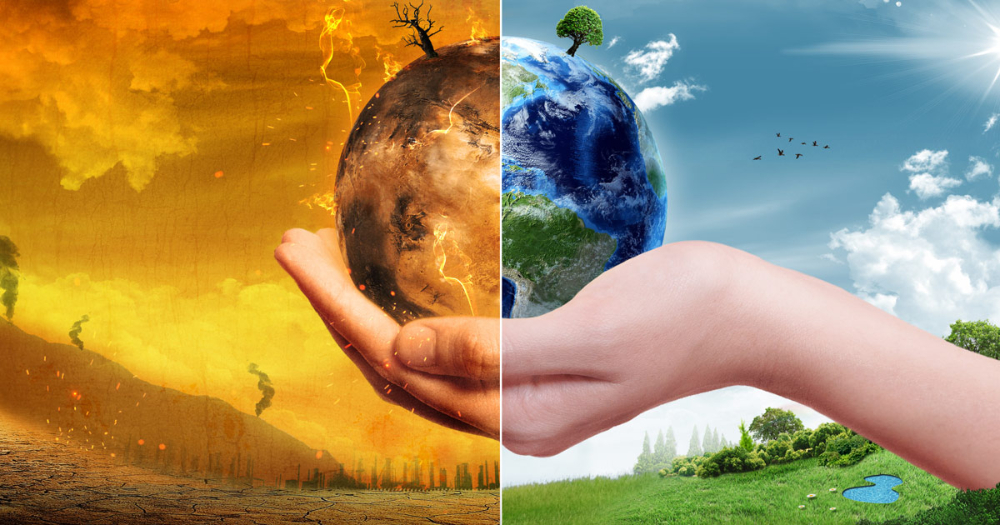
We frequently discuss how climate change affects biodiversity, water availability, and agricultural production, but we hardly ever discuss how it might affect alcohol. A few recent studies have brought attention to the negative effects of climate change on alcohol intake.
Its negative repercussions are unimaginable, ranging from seasonal sickness to increased drug use. It is very likely that a mental disease and a substance-use disorder will coexist. This often precedes their mental health problems. Climate change, on the other hand, is increasing the number and kind of extreme occurrences, which increases the risk to mental health.

Here are some reasons how climate change alleviate alcohol consumption.
Mental Health: By negatively affecting mental health, climate change can be connected to the use of dangerous substances in perhaps the most evident way. This raises the possibility of substance usage, either new or worsening. A substance-use disorder is highly likely to coexist with a mental illness. This frequently comes before their mental health issues.
Bodily Wounds: Exposure to dangerous substances is more likely in cases of extreme weather-related physical injuries, including burns, smoke inhalation, wounds, and infections from flooding. They raise the possibility of psychological discomfort, which contributes to that. When long-term disease or disability results from injuries, some people may turn to alcohol or other substances as a form of self-medication due to emotions of hopelessness and depression.
Disastrous event: A single catastrophic occurrence, like a flood or hurricane, has the power to completely alter our way of life and ruin lives in an instant. Thus, too, can the more gradual alterations in the climate and daily weather. Both can cause disruptions to habits and behavior that increase the likelihood of developing new or worsening substance use, such as turning to stimulants as a means to deal with exhaustion.

Disrupts communities: Finally, the socioeconomic, environmental, physical, and geopolitical systems that are essential to human life and well-being are becoming unstable due to climate change. Significant sources of psychosocial distress that cause both acute (short-term) and chronic (long-term) stress reactions include damaged infrastructure, agricultural losses, school closures, homelessness, and displacement. That being said, stress has been shown to raise the likelihood of dangerous substance use as well as relapse.
In a nutshell, harmful substance usage not only causes immediate bodily harm but also interferes with work and education. In addition to undermining social interactions, personal connections, and family dynamics, it raises the likelihood of accidents and criminality.
